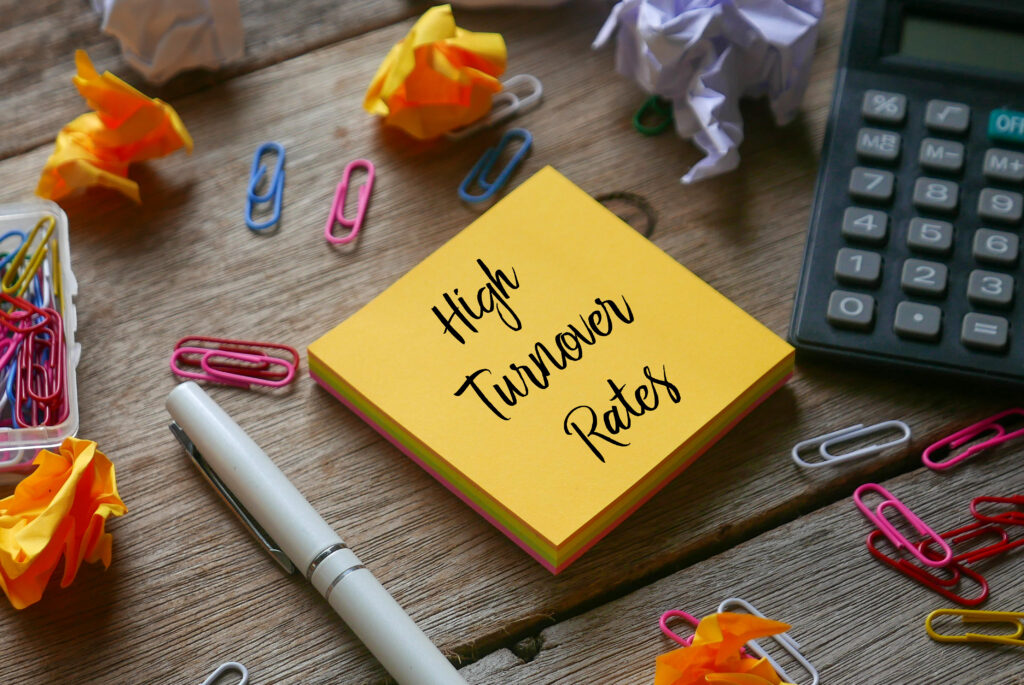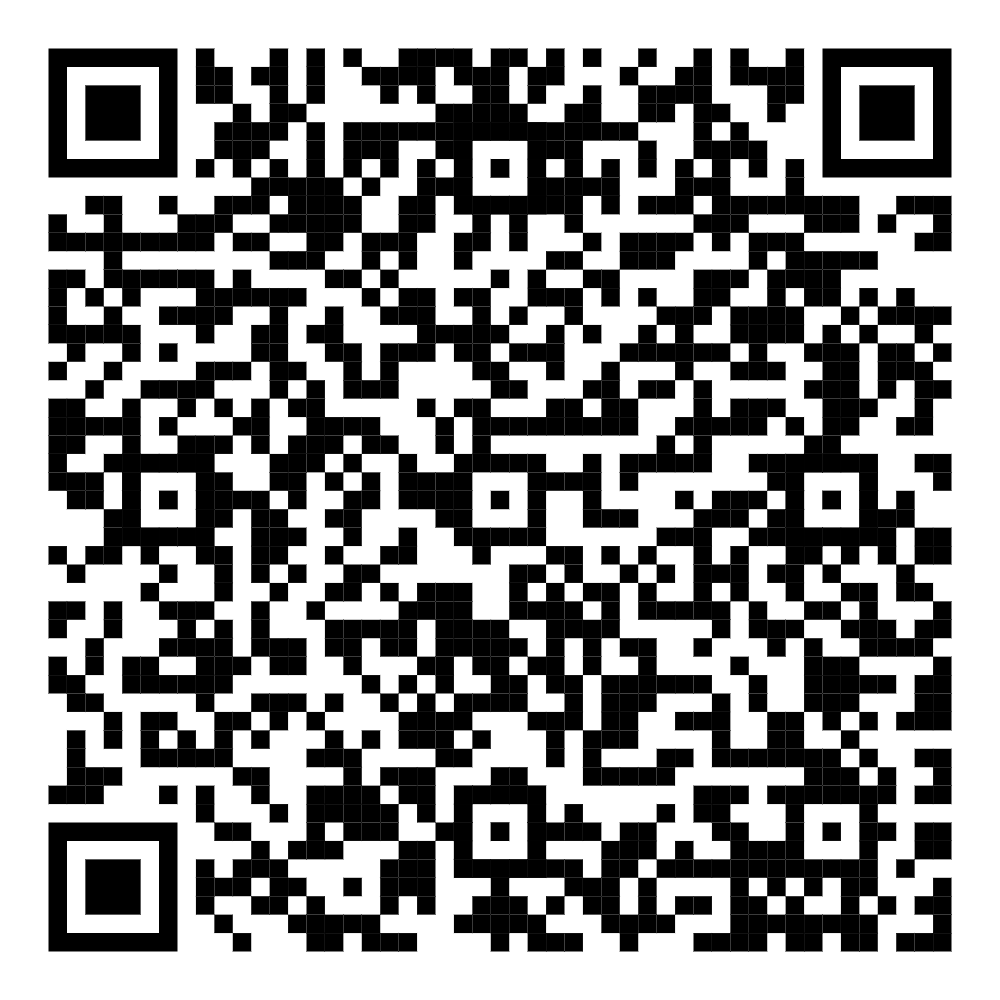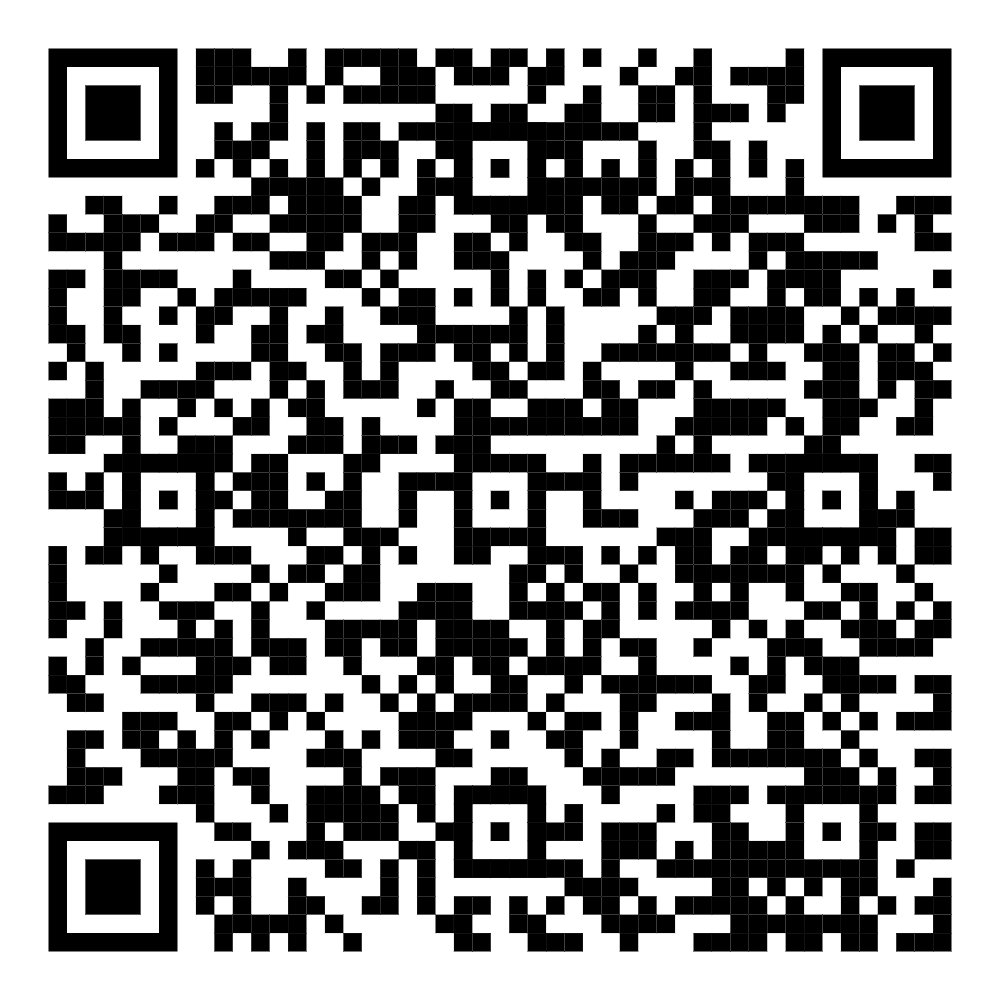A better work experience often starts with simply paying attention
By Dheevya Gunaseelan
Workplaces are filled with diverse personalities, which can be enriching – until it starts to impact your health and career. Thriving at work isn’t just about meeting job expectations; it’s also about recognising subtle ‘red flags’, like high turnover, poor communication, or lack of transparency, which might signal deeper issues. These can undermine job satisfaction, productivity, and career development. Ignoring such signs may lead to burnout, frustration or stalled progress. In this article, based on discussions from our podcast with Aunty HR, we’ll explore common workplace red flags and ways to healthily navigate the workplace. Spotting these signals early can help you build a healthier, more fulfilling work life.

#1 High Turnover Rate
One of the biggest red flags at the workplace is a constant flow of new hires or many employees leaving the organisation. Aunty HR mentioned that this is a red flag because it may indicate dissatisfaction or problems within the organisation. Common reasons include ineffective or unsupportive management, a work culture that feels unhealthy or even toxic, and limited opportunities for professional growth. Employees may also feel that their pay doesn’t reflect their responsibilities or they haven’t adjusted over time to match their evolving role. These factors combined can create an environment where employees feel undervalued or frustrated, ultimately leading them to seek opportunities elsewhere.

#2 Phrases like “We are family”
Ever heard phrases like “We’re a family,” “Wear multiple hats,” or “Work hard, play hard” at work? Though often seen as red flags, Aunty HR suggests it’s about perspective. These sayings are common among older generations who use them to foster trust – a “come to ‘mom’ with anything” mentality. So, are they truly red flags? Not necessarily. It’s essential to understand the intention behind the words. If it feels off, try asking your boss directly, “Why do you say ‘we’re family’?” Their response can reveal whether it’s genuine or a warning sign.

#3 Poor Leadership and Communication
Have you heard of the saying, “The fish rots from the head”? Aunty HR explained if the head is rotting, the whole form will crumble; meaning that, if there is a culture issue at the workplace, most likely it’s the boss’s fault. They’re also a big reason for high turnover rates in the workplace. Additionally, Aunty HR said that with the current work culture of texting and emailing instead of speaking face-to-face, there is a severe lack of communication. This often leads to miscommunications and disputes as relying solely on texts to convey information can result in misinterpretations and misunderstandings.

#4 Meaningless Apologies
Mistakes happen, and owning up to them with an apology is a good first step. But when “sorry” is used too often without genuine effort to change, it can lose meaning. Aunty HR likened this behaviour to the boy who cried wolf – if you apologise repeatedly without improving, people may stop believing you. Before saying sorry, ask yourself if you truly mean it. Are you committed to making it right, or just trying to clear your conscience? If you’re saying it after doing similar things incorrectly again and again, then it is meaningless. This is because, if you’re really sorry, you’ll work hard and do better to make sure the same thing doesn’t happen again; even if that is hard, at least you’re trying.

How to Navigate the Workplace

- Don’t Lie
Trust is the backbone of maintaining relationships, even at the workplace. Which is why being truthful and transparent is important. Aunty HR focused on pre-employment and medical conditions as an example. If you’ve been diagnosed with a condition and have been prescribed medication, it’s better to state it in the application form for full transparency. However, if you’re worried the application may be rejected because of your medication or condition, it’s better to leave it blank instead of denying it. Don’t lie, because a pre-employment lie is a major misconduct – not because of your condition, but because of your lack of integrity. Being upfront and honest about things will only do good things for your career and reputation.

- Communication is Key
As previously mentioned, the workplace is filled with many different people who need to communicate often. However, that is not always the case, but it has to be. Aunty HR said, “Over-communicating is better than under-communicating”. It’s important to communicate clearly and directly. Say exactly what you mean, and avoid leaving things open to interpretation as your words can be interpreted differently. Be straightforward and concise in your messages, actively listen to others, and don’t hesitate to ask for clarification if needed. If you’re uncomfortable with something someone has said, talk to them and address it. Staying quiet and leaving it unaddressed until it escalates only causes problems that you can avoid.

- Surround Yourself with the Right People
Associating with toxic coworkers can harm your reputation, and you don’t need that negativity in your work life. Negative people often try to pull others into their drama – don’t let yourself get drawn in. Spending time gossiping might seem harmless, but it’s not how you want to be remembered at the company or be known for. Toxic colleagues can also bring trouble by association. Remember that those who gossip or blame others are likely to do the same to you if it suits them. Additionally, we’re influenced by the people we spend the most time with. Take a moment to think about if you really want to emulate these colleagues. Socialising and sticking with the right people who compliment your attitude and work style is important to successfully navigate the workplace.
Spotting red flags early can make a big difference in building a healthy and fulfilling work life. Being aware of these red flags helps you make smart choices, whether it be by setting boundaries, having difficult conversations, or finding a workplace that fits you best. By responding to issues as they arise, you set yourself up for a workplace that truly supports your goals and well-being. A better work experience often starts with simply paying attention.
Watch Sembang Tak Kosong with Aunty HR here!
| Part 1 | Part 2 |
 |  |
Sources: Cantello Tayler Recruitment, Seasoned and Growing











